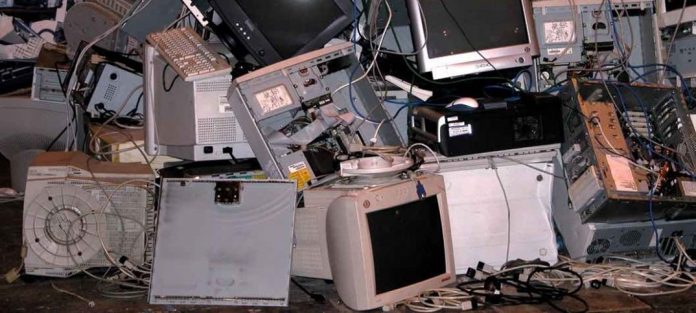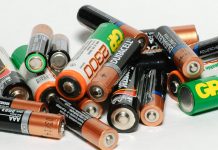Consultation launched on certification scheme for WEEE & waste batteries collection and recycling.
“Cewaste”, a project funded under the European Union’s Horizon 2020 programme, recently launched the consultation phase of its voluntary certification scheme. The scheme is aimed at collection, transport and treatment facilities of key types of waste containing significant amounts of valuable and critical raw materials. It seeks to facilitate the increased, and legitimate, recycling of valuable and critical raw materials from waste streams such as those for electrical and electronic equipment and batteries.
As part of its strategy to reach the goal of a greener, more resource efficient and climate resilient economy, the European Commission identified a list of critical raw materials that need special attention due to their economic importance and higher risk of supply interruption. The goal of the project is to contribute to better recovery of critical raw materials, a better informed policy formulation, better stakeholder accountability and enhanced networking between key institutions in the European Union and worldwide.
“Cewaste” has taken stock of the requirements defined in existing relevant guidelines and standards in the field of electrical and electronic waste treatment – among others, the Cewaste document is built on the EN 50625 standard series – and, importantly, only where these are not sufficient to meet all the project’s objectives have new requirements been developed. The consultation draft of “Cewaste Requirements for Improving CRM Recycling from WEEE and Waste Batteries” is now available for public download and comments.
Dr. Mathias Schluep, Program Director at World Resources Forum and coordinator of “Cewaste”, said: “The project team invites stakeholders from different sectors of the value chain to contribute to the consultation process in order that we can produce a scheme that is practical, relevant and can be implemented as widely as possible. We have experts within the project, but appeal to the wider sector to assist us in producing something that can truly make a difference.”
The consultation closes on 31 January 2020.
Source: WEEE Forum






